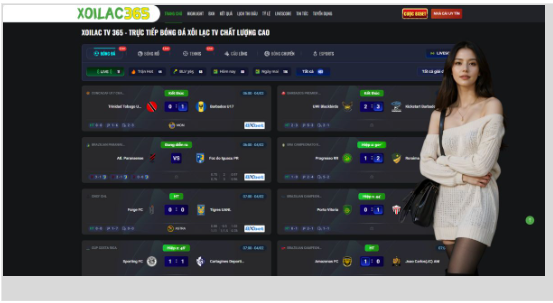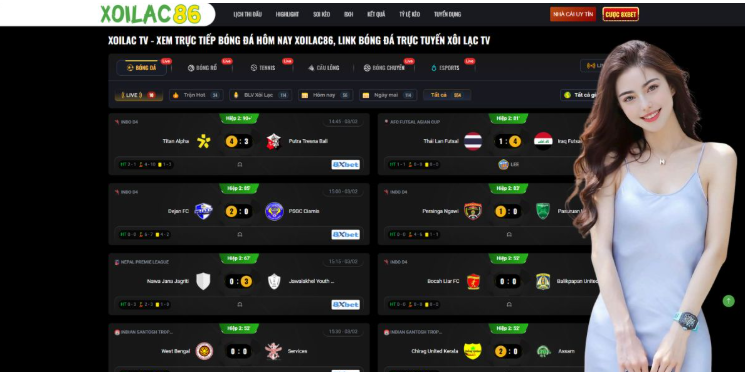When it comes to diving into the world of CFD (Contract for Difference) trading, there’s a lot more to consider than just the thrill of potentially making big bucks. One of the critical aspects that often gets overlooked is the cost. You see, CFD trading isn’t just about the markets moving; it’s also about the fees and charges that can eat into your profits. So, let’s break it down and understand what you should be watching out for when it comes to CFD investment costs.
First things first, let’s talk about spreads. Now, spreads are the difference between the buy and sell price of a CFD. They’re like the invisible hand that takes a little bit of your hard-earned cash every time you trade. Some brokers offer tight spreads, which means they take less from your pocket, while others are a bit more generous with their cuts. It’s all about finding the right balance.
Next up, we’ve got commissions. These are the fees that brokers charge for executing your trades. Some brokers have fixed commission rates, while others charge a percentage of the trade value. It’s like paying a toll to use the trading highway. The lower the commission, the more you keep of your profits.
Then there’s the overnight financing fee. This is the cost of holding a position open overnight. It’s a bit like a late fee at the library, but for your trades. If you’re a day trader, this might not be a big deal, but if you’re planning on holding positions for longer, it could add up.
Leverage is another factor to consider. It’s like borrowing money to trade with, which can amplify your profits but also your losses. Some brokers offer higher leverage, which might seem attractive, but it also comes with higher risk. So, it’s a bit of a double-edged sword.
Now, let’s talk about the CFD software platforms, like Markets, are the tools you use to place your trades. They should be user-friendly, offer a wide range of instruments, and provide real-time data. The best platforms also come with educational resources and customer support, which can be a lifesaver for newbie traders.
Lastly, there are the hidden costs. These are the fees that don’t jump out at you but can still take a bite out of your wallet. Things like inactivity fees, withdrawal fees, and currency conversion fees can add up if you’re not careful.
In conclusion, understanding CFD investment (It is also known as “cfd 投資” in Taiwan.) costs is crucial for any trader. It’s not just about the markets moving; it’s about managing your costs to maximize your profits. So, do your research, compare different brokers, and choose the one that offers the best value for your trading style. After all, every little bit counts when you’re trying to build your trading empire.
















